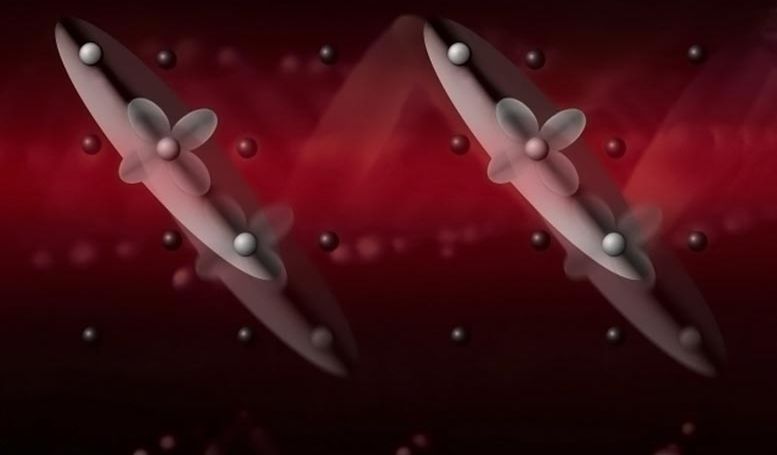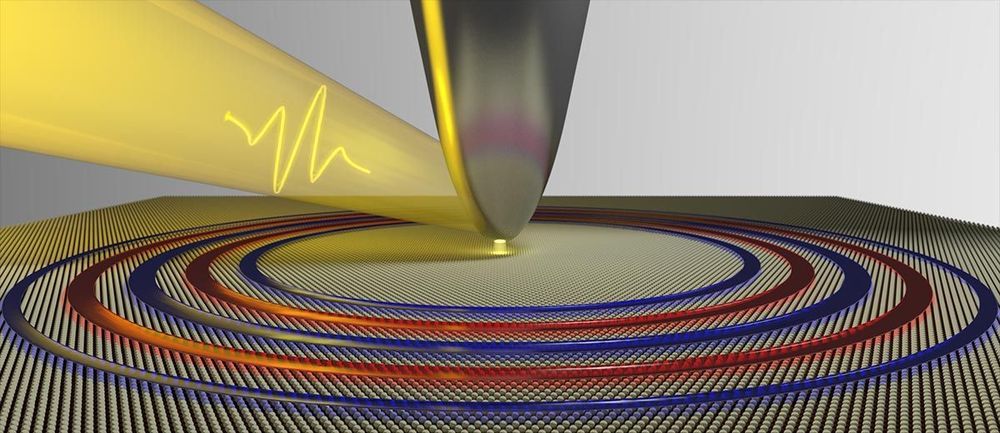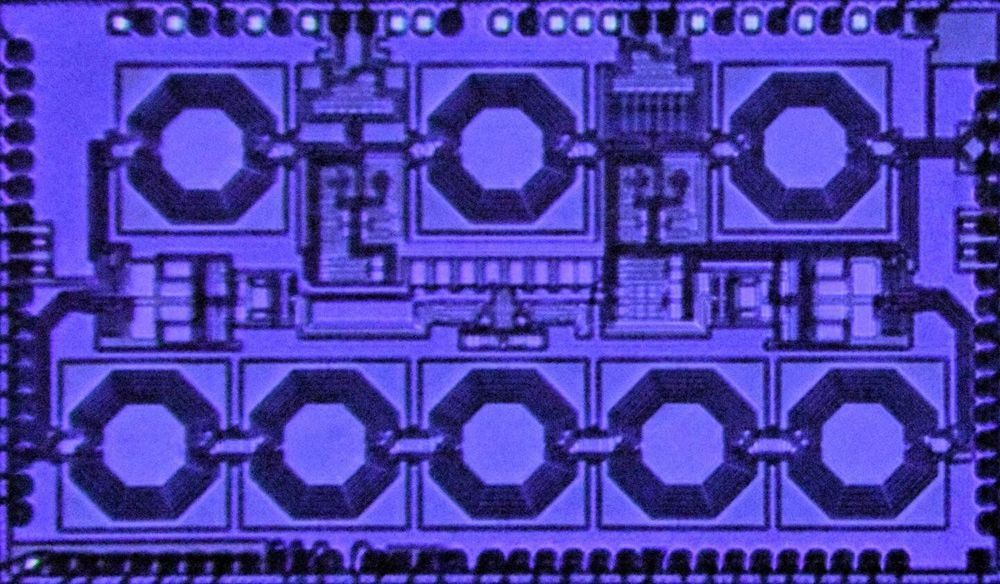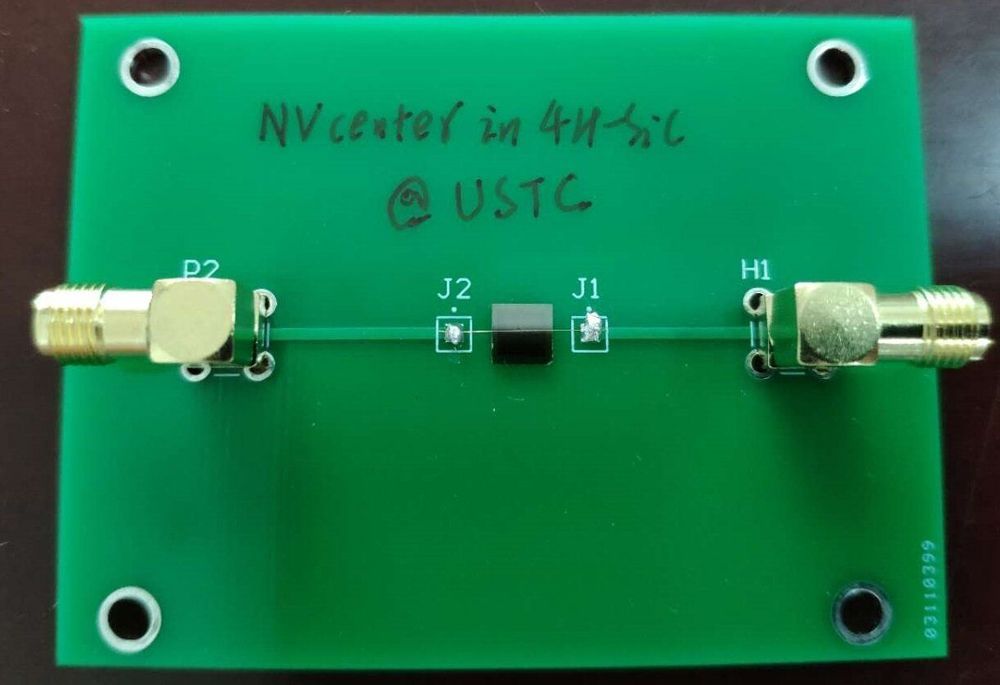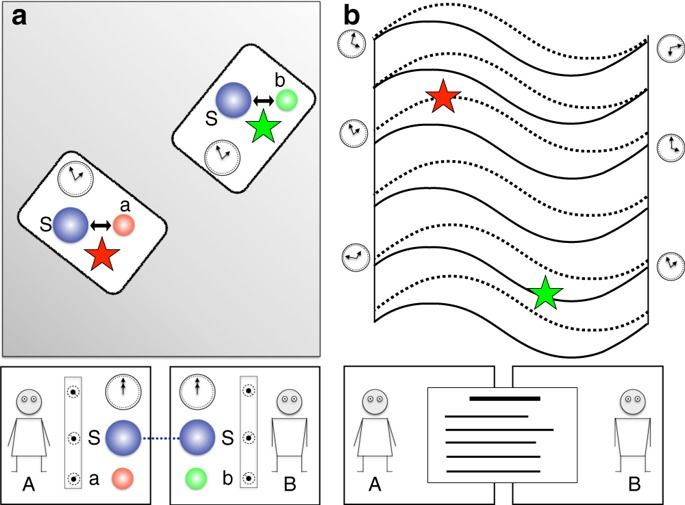An international team of scientists uncovered exotic quantum properties hidden in magnetite, the oldest magnetic material known to mankind. The study reveals the existence of low-energy waves that indicate the important role of electronic interactions with the crystal lattice. This is another step to fully understand the metal-insulator phase transition mechanism in magnetite, and in particular to learn about the dynamical properties and critical behavior of this material in the vicinity of the transition temperature.
Magnetite (FeO4) is a common mineral, whose strong magnetic properties were already known in ancient Greece. Initially, it was used mainly in compasses, and later in many other devices, such as data recording tools. It is also widely applied to catalytic processes. Even animals benefit from the properties of magnetite in detecting magnetic fields – for example, birds are known to use it in navigation.
Physicists are also very interested in magnetite because around a temperature of 125 K it shows an exotic phase transition, named after the Dutch chemist Verwey. This Verwey transition was also the first phase metal-to-insulator transformation observed historically. During this extremely complex process, the electrical conductivity changes by as much as two orders of magnitude and a rearrangement of the crystal structure takes place. Verwey proposed a transformation mechanism based on the location of electrons on iron ions, which leads to the appearance of a periodic spatial distribution of Fe2+ and Fe3+ charges at low temperatures.
